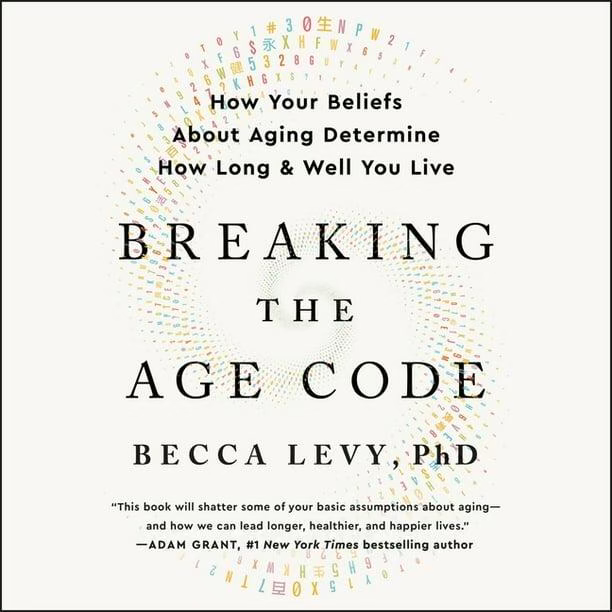Patient Advocates Guide Healthcare Consumers
- Alan Fisk
- Oct 2, 2023
- 3 min read
Updated: Oct 2, 2023

Gwendolyn Hill has survived breast cancer — twice. And during her battles, the 71-year-old metro Detroit grandmother learned a lot about diseases, medications, doctors, hospitals and the American medical system.
But instead of just counting her blessings, she has used that knowledge to help dozens of people around Detroit deal with their own serious illnesses and health questions.
Hill isn’t a doctor or nurse or therapist, instead she has been a self-taught patient advocate for 25 years.
“I almost died, so I had to learn about medical issues,” Hill says. “I call myself a health literacy advocate. I make sure people and families have the information they need to understand diagnoses, treatment and prognoses.”
Hill, a semi-retired training and development consultant from Farmington Hills, Michigan, does not work for any health agency or charge for her services. “I just decided to take what I learned and help others,” she says, explaining that people find her by word of mouth.
Besides providing knowledge, Hill goes to doctor appointments to help clients who have questions. She is just one small part of the growing field of patient advocacy that offers a wide array of services.
Professional advocates, often doctors or nurses, may also be hired to arrange and coordinate doctor appointments and medical testing, advise clients in emergency situations, identify health resources, deal with health insurers and billing questions and speak up about patient rights, among other services.
There are some 71,000 patient advocates of all types currently employed in the United States, 82 percent being women, according to the Zippia job research firm.
But the need is growing fast as America gets older, says Dr. Annette Ticoras, an internist, who operates Guided Patient Services, which provides medical advocacy nationwide, including Michigan.
About 16.9% of the U.S. population was 65 or older in 2020, up more than a third from 2010, according to the U.S. Census Bureau. Michigan’s 65 and older population rose from 13.8% in 2010 to 18.1% in 2021. But almost 20 percent of Detroit-area residents are older than 60, according to a Detroit Area Agency on Aging study.
“Some seniors often don’t know how to make their way through the health care maze while aging,” says Ticoras, most of whose clients are older. “Someone who’s aging sometimes needs more information so they are not over-treated.”
She warns that “solo agers” – seniors who may be widowed, without children or estranged from family – can be at particularly “high risk of facing a health crisis alone. Who’s going to come to the emergency room with them at 2 a.m.?”
Ticoras, based in Ohio, can assist clients almost anywhere via phone calls or computer Zoom sessions. “My job is to facilitate the best and most appropriate care for my clients. I ensure that the care plans that are executed are in everyone’s best interest.”
A health advocate, especially a doctor or nurse, can be costly, ranging from $15 an hour to $250 and up depending on needs and where you live. The AARP suggests options, like hiring someone from a home health aide company or non-profit advocacy organization.
Some health insurance plans cover advocate services and some employers provide benefits through membership in a patient advocacy company. Medicare generally does not pay for advocate costs.
For help finding an advocate that suits your needs, search the web sites of these national groups:
AdvoConnection provides a directory of advocates. Search by the location of the patient and the service needed. There is no charge to use the site, which is affiliated with the National Patient Advocacy Foundation.
The National Association of Health Advocacy Consultants is a free list of advocates who belong to the association. Use is also free. If you cannot find an advocate on either list, do a web search using "patient advocate" and your location.

In-house advocates as some hospitals have their own advocates. Veronica A. Bilicki, a registered nurse with Henry Ford Health, manages the in-house concierge program available to Ford employees and community caregivers, called C.A.R.E.
Bilicki also heads a donor-funded Ford advocacy program called Senior Navigator for seniors in the West Bloomfield area that helps with things like adult briefs and advice for living with diabetes. She hopes to expand to the entire Ford system.
“With our aging population in Michigan,” predicts Bilicki, “there will be greater need.”

Veteran journalist Alan Fisk was an editor and reporter at publications including The Detroit News and The New York Times for over 50 years. In retirement he has taught journalism at the University of Michigan. He enjoys babysitting his two grandchildren and, with his wife, watching horse racing and baseball.




Comments